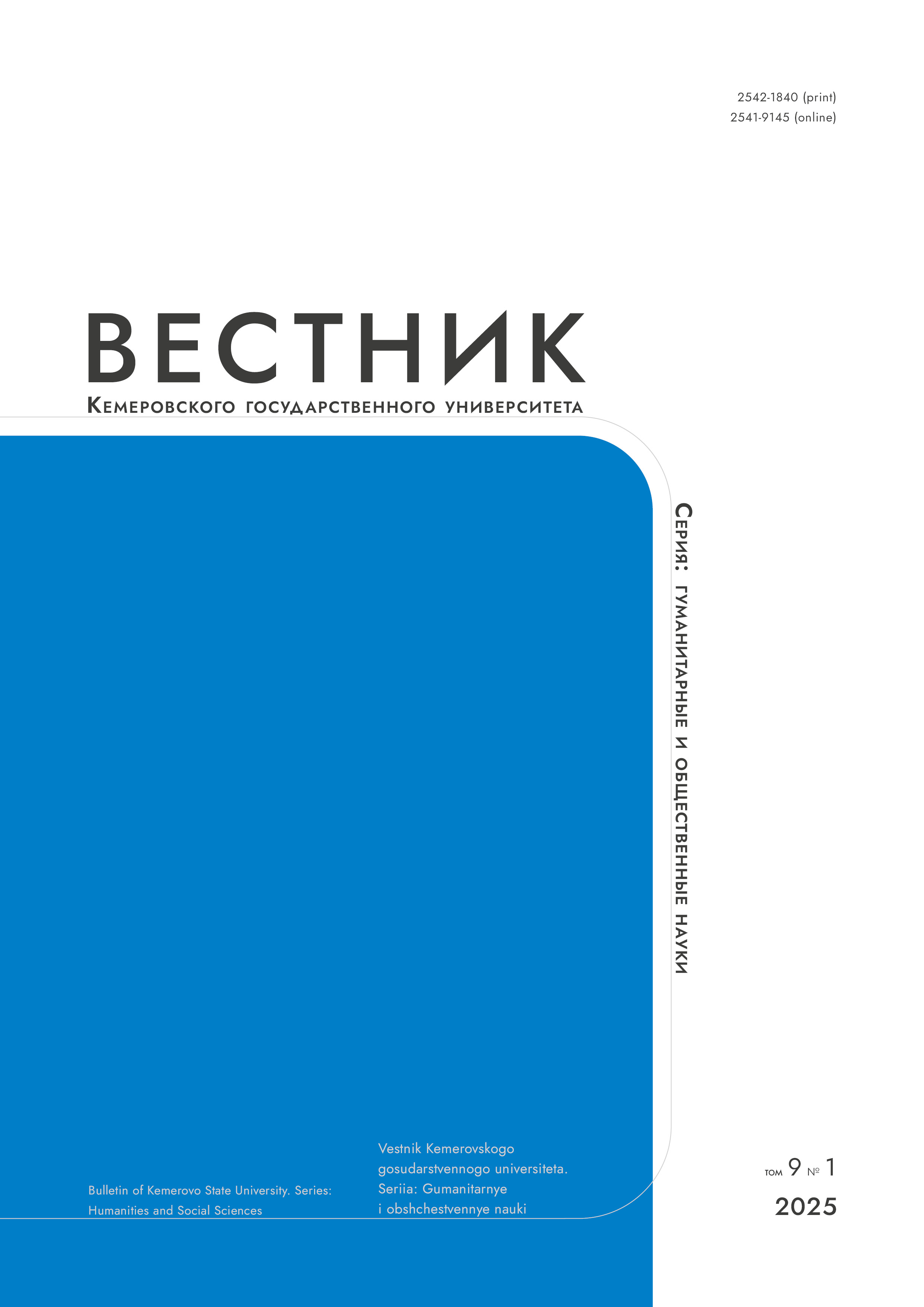from 01.01.2018 to 01.01.2020
Kemerovo, Kemerovo, Russian Federation
UDC 34
The matter of canceling a service contract often hinders the work of personnel offices of government and local self-government. Due to the specifics of labor relations between state and municipal employees, it remains unresolved in the domestic labor law. There is a controversy between the subsidiary application of general labor legislation norms and special laws that control the activity of certain categories of workers. It comes from the vague border between the scope of general and special norms of labor legislation in relation to state and municipal employees. Another reason is the limited legal regulation of labor relations with these categories of workers with application of the general norms of the current labor legislation. The article features approaches to resolving the issue of the possibility and legality of canceling a service contract in personnel offices of government bodies. The research was based on a critical review of the two existing opinions on the place of the cancellation procedure in relations with state and municipal employees. The author describes the legal nature of the cancellation and termination of the employment contract based on scientific literature. The article contains some recommendations on how to avoid the situation in which the representative of the employer does not have adequate legal mechanism for responding to an employee's failure to appear at work on the first day of the contract.
cancellation procedure, labor law, public service, municipal service, labor code, subsidiary application
1. Chikanova L. A. Legal regulation of official relations in the state civil service: theory and practice. Zhurnal rossiiskogo prava, 2005, (4): 61-73. (In Russ.)
2. Muravchenko V. B. Legal regulation of work of the municipal employees. Vestnik Sibirskogo instituta biznesa i informatsionnykh tekhnologii, 2015, (2): 51-54. (In Russ.)
3. Sagandykov M. S. Application of labour code to work relations of internal affairs body officers (labour hours institution taken as an example). Bulletin of the South Ural State University. Ser. Law, 2010, (38): 78-79. (In Russ.)
4. Engels F. The origin of the family, private property, and the state. Marx K., Engels F. Works. Second edition. Moscow: Politizdat, 1955, vol. 21, 23-178. (In Russ.)
5. Klyuchnikov A. M. Problems of application of labor legislation with the passage of the law enforcement service in the bodies of drug control. Vestnik Povolzhskoi akademii gosudarstvennoi sluzhby, 2013, (5): 43-48. (In Russ.)
6. Ivankina T. V. Notable features of sources governing the service relations of civil servants. Russian Juridical Journal, 2016, (2): 151-164. (In Russ.)
7. Bezina A. K. Issues of labor law theory and judicial practice. Kazan: Izd-vo Kazan. un-ta, 1976, 176. (In Russ.)
8. Livshits R. Z. Legal means of forming production teams. Labor law and increasing the efficiency of social production, ed. Ivanov S. A. Moscow: Nauka, 1972, 20-98. (In Russ.)
9. Ershova E. A. Labor relations of state civil and municipal employees in Russia. Moscow: Statut, 2008, 666. (In Russ.)
10. Channov S. E. The act of designation on a position as basement of appearance of service law relation on the state civil service. Gosudarstvo i pravo, 2011, (7): 5-13. (In Russ.)
11. Lebedev V. M. Subsidiary application of norms of civil law. Vestnik Tomskogo gosudarstvennogo universiteta, 2011, (345): 117-121. (In Russ.)
12. Anisimov L. N. An employment contract as the basis for the emergence of an employment relationship. Pravo i ekonomika, 2008, (3): 69-77. (In Russ.)
13. Arkhipov V. V. Place and significance of an employment contract in the regulation and organization of labor relations: theory and practice. Zakonodatelstvo i ekonomika, 2009, (7): 59-73. (In Russ.)
14. Nurtdinova A. F., Chikanova L. A. Procedural rules in the mechanism of legal regulation of labor relations. Zhurnal rossiiskogo prava, 2019, (9): 80-99. (In Russ.) DOI:https://doi.org/10.12737/jrl.2019.9.7
15. Zavgorodniy A. V. Single issues of the employment contract conclusion: theory and practice. Vestnik of Saint Petersburg University. Law, 2013, (3): 49-64. (In Russ.)
16. Zavgorodniy A. V. Factual compositions as grounds for termination of labor relations. Vestnik of Saint Petersburg University. Law, 2011, (3): 54-71. (In Russ.)
17. Shchur-Trukhanovich L. V. Remote work employment contract: content, features, and implementation in practice. Kadry predpriiatiia, 2014, (3): 3-10. (In Russ.)
18. Anisimov L. N. Employment contract: rights and obligations of the parties. Moscow: Delovoi Dvor, 2009, 288. (In Russ.)
19. Kichigin S. V. Start of employment contract. Vestnik Kemerovskogo gosudarstvennogo universiteta. Seriia: Gumanitarnye i obshhestvennye nauki, 2019, 3(2): 173-180. (In Russ.) DOI:https://doi.org/10.21603/2542-1840-2019-3-2-173-180


















